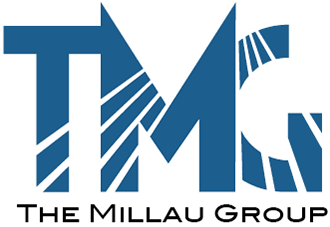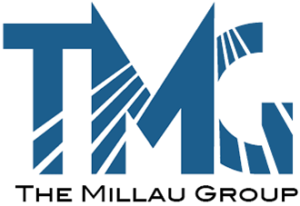5 Minutes to Increased Industrial Sales
Overview
Selling in the industrial marketplace presents many unique challenges. Salespeople are required to have a high degree of technical skills. My first sales position was as a sales engineer for a machine tool and robotic systems company. I had been an engineer until they put “sales” in front of my title. To be effective at selling and providing my customers with solutions required that I have a high level of technical expertise. So far, so good.
Challenges for Industrial Salespeople
As a sales engineer, I was most comfortable out on the production floor looking for problems to solve and areas where I could help my customers increase productivity, whether it was a priority for them, or not. I thoroughly enjoyed my time on the floor because I was in my comfort zone; I was the expert.
This comfort with the technical portion of my job also posed my greatest challenge. I would spend the vast majority of my time focused on the engineering portion of my title. What I didn’t recognize at the time, was that I was neglecting the “sales” portion of my title. I was more comfortable with the “science than the selling” (which also applies to other industries where the salesperson’s job requires special knowledge, or expertise, to be effective). Looking back, I was often an unpaid consultant for many companies!
The impact?
This technical focus negatively impacted not only my results, but those of my company.
For me, pursuing essentially all opportunities, I was not able to focus on the ones that were likely to profitably close. Additionally, I was not pursuing net new business. The opportunity cost was significant.
For my company, I was tying up critical resources, such as engineering, on projects that we were not going to win. Since I was not alone pursing science projects, engineering’s response time was slow. Additionally, they didn’t have the available resources to fully support the real projects.
The solution?
First, recognize the fact that your sales are currently being negatively impacted by not having an acceptable balance between the science and the selling.
Take a minute to truly understand your opportunity cost of pursuing opportunities that are not going anywhere, or as we used to call them in engineering, the science projects. The average closing rate in industrial sales is 25%, or a 75% losing rate. How would your sales be impacted if you could systematically disengage from 1 out of the 4 opportunities you’re currently pursuing? How would your company be impacted if the sales team systematically disengaged from 25% of the pursuits that they’re not going to win? The answer is obvious, but doesn’t it seem too good to be true?
Second, add one step to your sales calls. Before executing the sales call, think about whom you’re calling on and where they are in their buying process. Then, identify what is a reasonable action for them to commit to that supports they are making a buying decision, and you’re seriously being considered.
Once you’ve identified the action that you’re seeking, consider how you’re going to ask for it. It’s not enough to have identified what action you want, you need to be comfortable actually asking for it.
An action is binary; you either get it, or you do not. Think of a go/no go gauge. If you get your action, keep pursuing the sale. If you don’t get your action, this is an opportunity to sit back and consider if this is one of the opportunities that you’re not going win. Getting your ask, or getting a no, are both successful outcomes.
There are no “maybes” on a go/no go gauge! (No matter how hard you push…)
Summary
- Before any important sales call, meeting, demo, etc., identify specifically what action you’re going to ask for as a result of the meeting. If it’s a team call, share it with all the participants. Take a few minutes to practice your ask.
- Once you know what action you’re going to ask for, practice your ask. Ideally role play it with someone.
- Deliver your ask and seek success. Success isn’t a yes. Success is defined as either a yes or a no. Use this data to make an informed decision regarding the next step to move the pursuit forward, or if you didn’t get your ask, use the no as a compelling event to either change your approach, or disengage.
Do this and your sales will increase.
There you have it. Simple – as selling should be!

